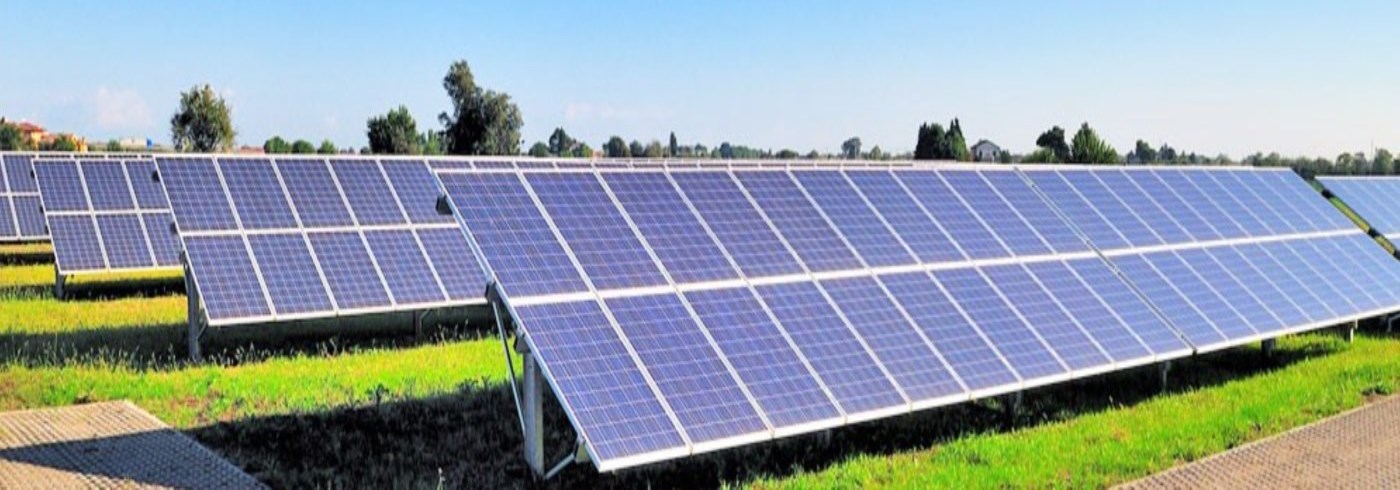The Durham Community Energy Plan is Durham Region’s ambitious strategy to reduce greenhouse gas emissions (GHG) and take advantage of new clean energy jobs. It presents a pathway up to use less carbon until 2050 with long-term strategies to reduce GHG emissions while growing our economy.
| Community Energy Plan |
|
The Durham Community Energy Plan (DCEP) will accelerate the move to a clean energy economy in Durham, while achieving multiple economic, environmental and social benefits. In 2021, after the Regional Council declared a climate emergency, the Region set new goals to reduce greenhouse gases (GHG). These goals are to reduce GHG by 10% by 2025, 30% by 2030, and 100% by 2050 from 2019 levels, matching the federal government’s 2050 net zero goal. Resources: |
| Building and Home Energy Retrofits |
|
Buildings account for about 33% of Durham’s total community-wide emissions, including homes, businesses, and institutional buildings. They are also one of the largest opportunities for cost savings. The DCEP highlights retrofitting the existing building stock, transitioning to low-carbon energy sources, and improving building energy performance as key strategies to generate cost savings, improve operational performance, and reduce emissions. Actions include upgrading insulation and windows, improving energy efficiency, switching to cleaner heating systems like heat pumps, and encouraging high‑performance design in new buildings. The Region is also leading by example through energy upgrades in municipal buildings and facilities. Regional Programs Supporting Building Retrofits: Durham Greener Homes Launched in April 2022, the Durham Greener Homes (DGH) program, helps residents make informed decisions about home energy upgrades. Through the program, residents can work with a free energy coach, learn about available rebates and financing options, and get guidance on upgrades that can reduce energy costs and improve comfort. The program is designed to make home energy renovations easier, more affordable, and more effective. Durham Greener Buildings Launched in 2024, the Durham Greener Buildings (DGB) Program supports commercial and Broader Public Sector (BPS) building owners across Durham Region. The program helps:
The Region and local municipalities also use energy benchmarking tools to track energy use in municipally owned buildings, demonstrating leadership and transparency in reducing operating costs and emissions. Resources:
|
| EV Chargers |
|
In 2017, vehicles were the largest source of greenhouse gas emissions in Durham Region, accounting for over 40% of total emissions. The Community Energy Plan highlights electric vehicles (EVs) as key to reducing emissions, with EV adoption expected to contribute 20% of the needed reductions under the Low Carbon Pathway. By 2030, all new vehicles in the Region are expected to be zero-emission. Durham is also transitioning its own fleet, investing $10 million in a pilot project for electric buses. Additionally, the Region is partnering with municipalities to install 60 new public EV charging stations across 21 sites. Resources:
|
| District Energy |
|
District energy systems are centralized systems that distribute heating and cooling through underground pipes to multiple buildings in a neighbourhood, district, or campus. This is different from each building having its own on-site heating and cooling systems. District energy is an important way for Durham Region to reduce GHG emissions and is expected to make up 16 per cent of total GHG emissions reductions as part of the Region’s low carbon plan. It is especially important in areas with lots of new buildings or redevelopment near sources of waste heat from cities or industries. Resources: |
Contact Us





